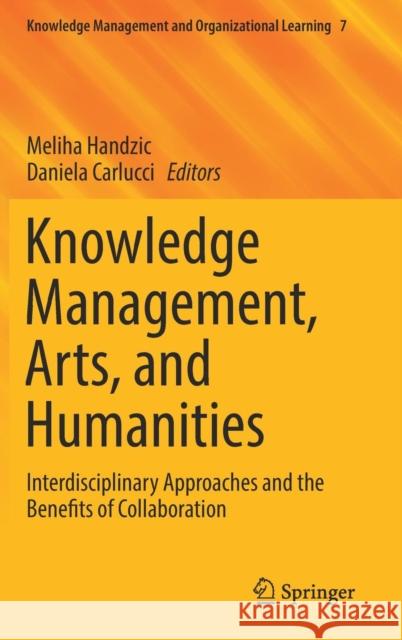Knowledge Management, Arts, and Humanities: Interdisciplinary Approaches and the Benefits of Collaboration » książka
topmenu
Knowledge Management, Arts, and Humanities: Interdisciplinary Approaches and the Benefits of Collaboration
ISBN-13: 9783030109219 / Angielski / Twarda / 2019 / 252 str.
Knowledge Management, Arts, and Humanities: Interdisciplinary Approaches and the Benefits of Collaboration
ISBN-13: 9783030109219 / Angielski / Twarda / 2019 / 252 str.
cena 402,53
(netto: 383,36 VAT: 5%)
Najniższa cena z 30 dni: 385,52
(netto: 383,36 VAT: 5%)
Najniższa cena z 30 dni: 385,52
Termin realizacji zamówienia:
ok. 16-18 dni roboczych.
ok. 16-18 dni roboczych.
Darmowa dostawa!
Kategorie:
Kategorie BISAC:
Wydawca:
Springer
Seria wydawnicza:
Język:
Angielski
ISBN-13:
9783030109219
Rok wydania:
2019
Wydanie:
2019
Ilość stron:
252
Waga:
0.55 kg
Wymiary:
23.39 x 15.6 x 1.6
Oprawa:
Twarda
Wolumenów:
01
Dodatkowe informacje:
Wydanie ilustrowane











